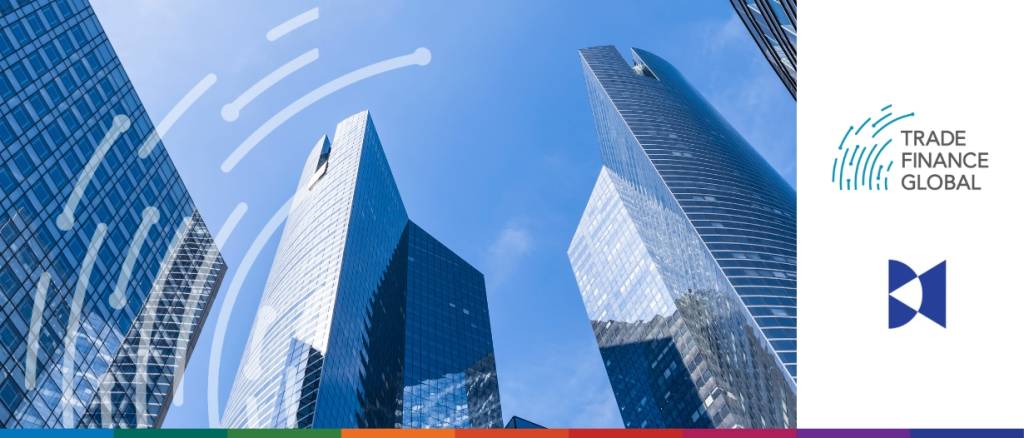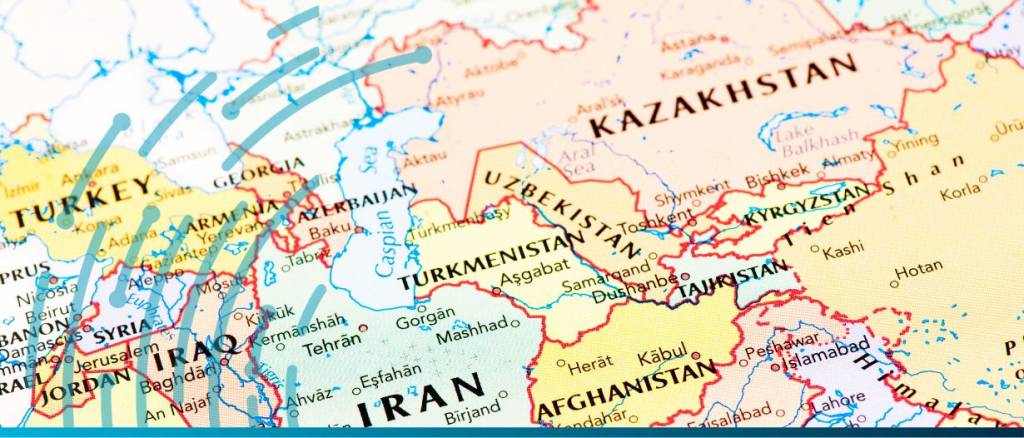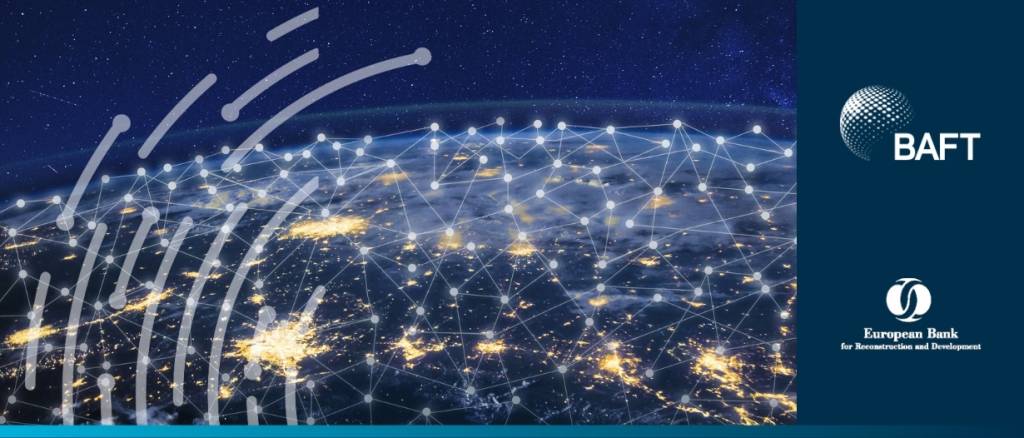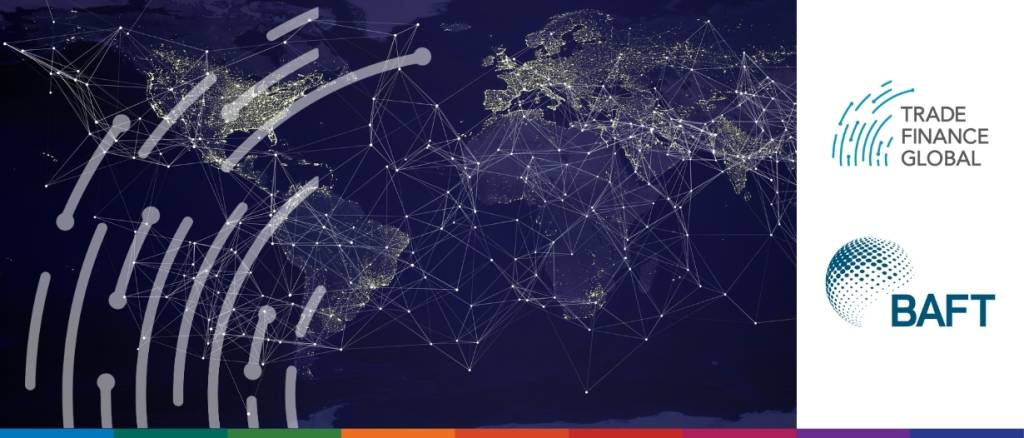India has permitted banks in 22 partner nations, including Russia and the UK, to establish “vostro” accounts within its borders, the government informed the parliament on Tuesday, aiming to bolster… read more →
Any business participating in international commerce normally needs to make payments in foreign currencies to suppliers/sellers overseas for goods and/or services sourced from other countries.
Last month, I found myself staying with a nomad family in a traditional yurt (‘ger’), 300km West of Ulaanbaatar, Mongolia, staring at the overwhelmingly star-filled night sky.
Correspondent banking is a cornerstone of international finance, offering a critical conduit for transnational transactions and financial services. But as with any large, intricate and partially opaque financial system that relies on mutual trust, it is also a prime target for illicit exploitation, particularly money laundering.
In this article, EBRD’s Ralph De Haas and Rudolf Putz talks about ways to improve regulatory compliance for trade finance and correspondent banking.
Like every aspect of the financial services industry, the correspondent banking world has changed a great deal over recent years due to technology, regulatory regimes, and risk management.
Central Asia is becoming increasingly attractive to investors. It has abundant natural resources and is strategically located, leading to its reputation as a region with untapped economic potential.
Trade Finance Global (TFG) is thrilled to launch its latest addition to the platform—a dedicated Correspondent Banking hub, in collaboration with BAFT and EBRD. This innovative hub aims to provide… read more →
This article focuses on correspondent banking, its role in international trade, and shortfalls of the traditional model that adversely affect lower-income countries, impeding economic development and the advancement of financial inclusion.
Much like the rest of the global economy, the world of correspondent banking has undergone rapid changes in recent years. Though we have started to witness the changing dynamics of correspondent banking relationships, we have yet to truly understand their long-term impacts. TFG heard from leaders at banking association BAFT, who have recently partnered with TFG for the launch of their correspondent banking hub.























